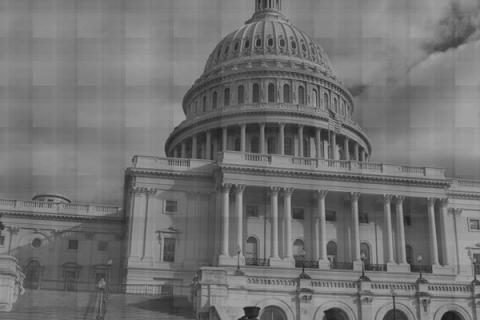Despite recent electoral events in Massachusetts, California Democrats voted to push forward a highly controversial proposal to establish a single-payer, state-run healthcare system. Governor Schwarzenegger has twice vetoed similar proposals and vows to veto it a third time if a bill hits his desk before his term expires.
Proponents argue that Democratic inaction and electoral results in Massachusetts merit a robust state response. In other words, if the Federal Government won't reform healthcare and provide a sensible public option, then states will have to take matters into their own hands, much like Massachusetts did in 2006 with its nearly universal coverage. State Senator, Mark Leno, stated, "We always wished there would be single-payer reform in Washington, but given the reality that that's not going to happen, it's not going to deter us from the pursuit of single-payer in this state." State Senator, Christine Kehoe, also argued that a single payer system would not exacerbate the state's crushing budget deficit.
However, some Democratic proponents of a single-payer system are fearful of the potential political repercussions in November, in a replay of Brown's recent upset victory in Massachusetts. Steven Maviglio, a consultant, said, "this is not the time to do it...Anyone who has read a newspaper in the last 24 hours knows this will not help the Democrats in November and it could hurt them." He then added that the timing would be right when "the state isn't billions in debt." Republicans were just as blunt. State Senator, Tony Strickland, stated, "I believe the Democrats in Sacramento just don't get it. This was literally 48 hours after the most liberal state in the country voted down Obamacare. They are not listening to the people in the state or the country."
While the timing and spirit of the vote may be politically questionable, it could inspire California's extensive liberal base unlike in Massachusetts, where independents played a much more pivotal role. Democrats, who dominate the golden state's political landscape, could choose to rally the troops and put it all on the line over healthcare this year. This "all or nothing" approach could either spectacularly backfire or ignite a fire under the state's substantial liberal wing. Progressive Democrat, Marcy Winograd, who is challenging Blue Dog Democrat, Jane Harman, applied a similar logic in her recent press release stating, "This upset reflects less the zeal of a million conservative voters than the fact that two million Massachusetts Democrats stayed home, rejecting the politics of Democratic Party appeasement."
And here's another issue to consider, even for those who staunchly oppose any sort of public option or state-run, single payer system. Besides the prospect of unsustainable costs, as is already rearing its head in the Massachusetts healthcare system, the issue of states' rights should not be casually dismissed. Many who argue against "Obamacare" often state that healthcare should not be a federal issue in the constitutional sense; instead, it should be left to each state in accordance with the Tenth Amendment. In light of the Tenth Amendment, then, the issue of a single-payer healthcare system is perfectly legitimate for Californians to carefully and thoughtfully consider. Those who advocate states' rights should view the debate as a welcome Constitutional development, and an opportunity to engage in a substantive, intellectual discussion.
